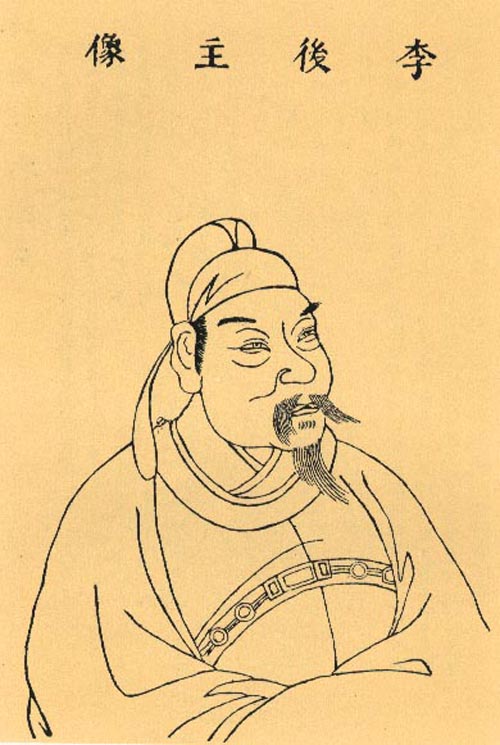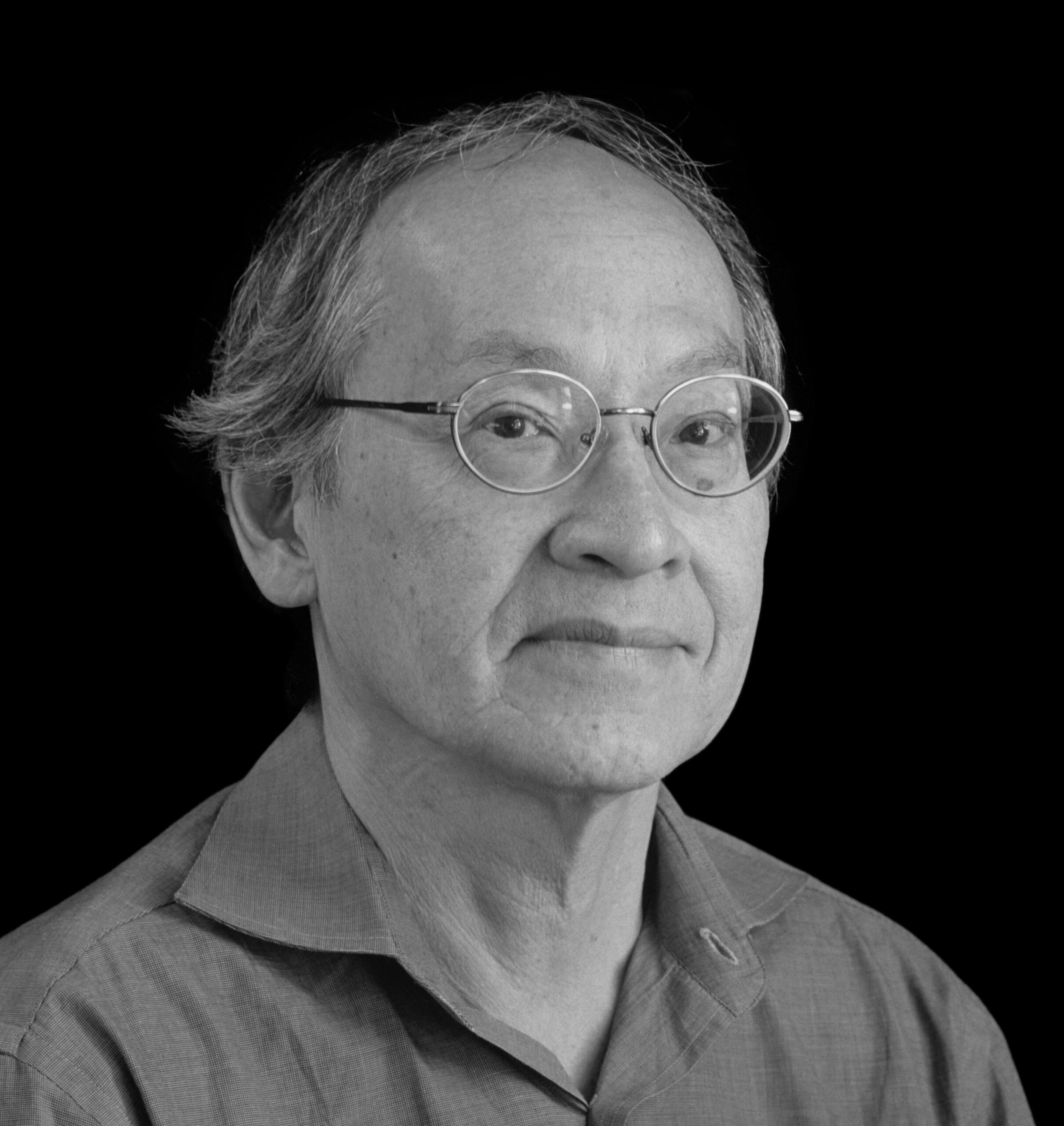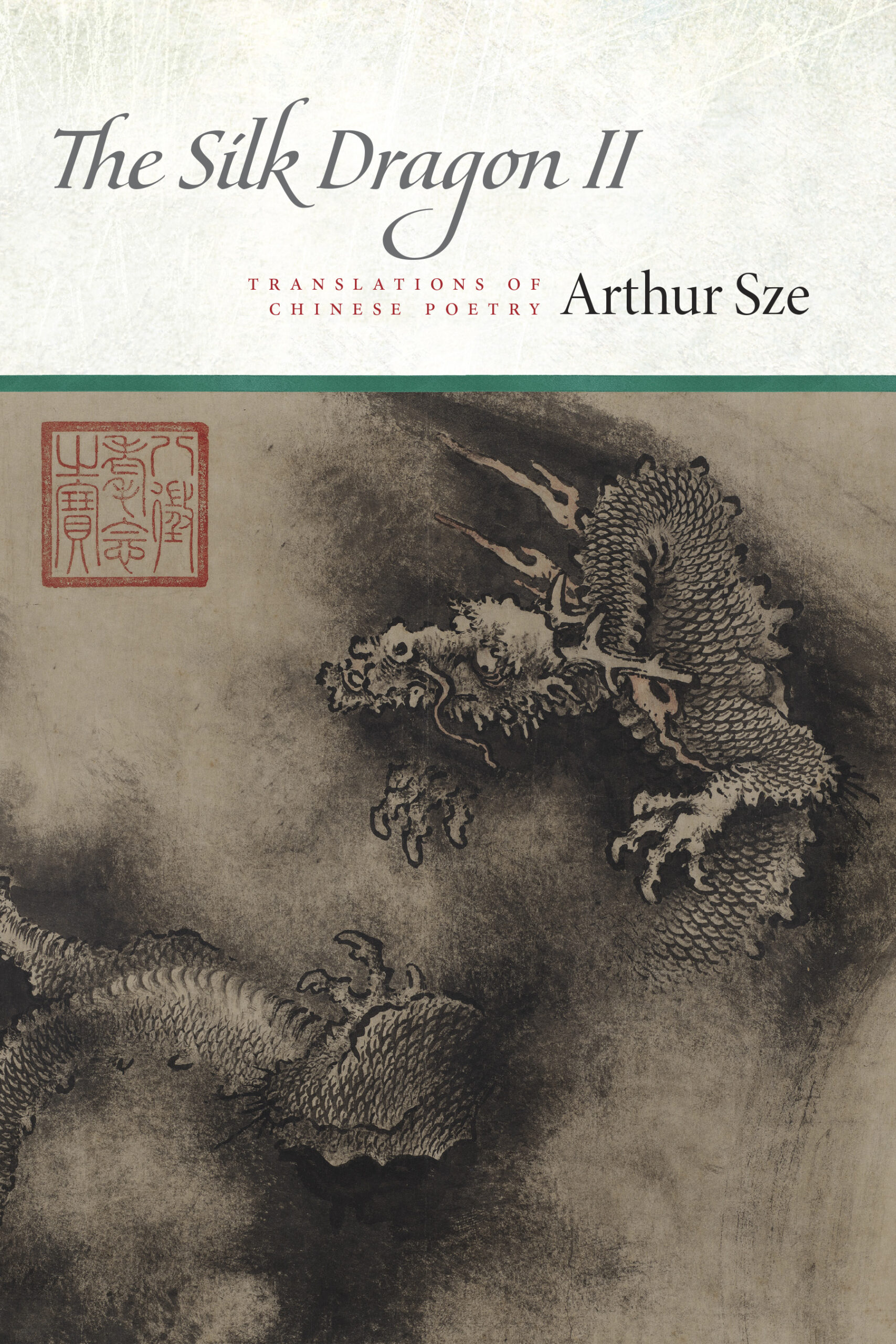Silent and alone, I ascend the west tower.The moon is like a hook.In solitude, the wutong treesimprison the clear autumn in the deep courtyard.Scissored but not severed,trimmed but still massive:it is the sorrow of parting,another strange flavor in the heart.
To the Tune of “Meeting Happiness”
Li Yu
Translated from the Chinese by Arthur Sze
Feature Date
- May 18, 2024
Series
- Translation
Selected By
Share This Poem
Print This Poem
“To the Tune of ‘Meeting Happiness’” from THE SILK DRAGON II: TRANSLATIONS OF CHINESE POETRY BY ARTHUR SZE by Li Yu.
Published by Copper Canyon Press on April 16, 2024.
English Copyright © 2024 by Arthur Sze.
All rights reserved.
Reproduced by Poetry Daily with permission.
“In these lucid translations, Sze offers pleasures for all types of readers, those who want another taste of ancient favorites like Du Fu (“The nation is broken, but hills and rivers remain”) and Li He (“I will cut off the dragon’s feet / and chew the dragon’s flesh”), those new to Chinese poetry (his candid account of one poem’s tortuous process remains the best introduction to the art of Chinese translation that I know of), and those who admire Sze’s own work for its telling specificities, as in Wen Yiduo (“I feed the fire cobwebs, rat droppings, and also the scaly skins of spotted snakes”), and its prismatic finesse, as in Xi Chuan (“The figures acquire the mountains / and waters, just as the mountains acquire the emerald and lapis”).”
— David Woo
“Arthur Sze’s concise anthology of translated and edited Chinese poetry The Silk Dragon II is a welcome volume to enter our own republic of letters at a fraught time of acerbic mutual misunderstanding in the political realm. Alexis de Tocqueville taught us about democracy. Perhaps the Tang Dynasty can teach us manners within the body politic, if only by instructing us in the art of reflection. This book is a balm to apply to the suppurating wound, self-inflicted and visited on others alike, of permanent discord, as we strive (some of us), impossibly it seems, for comity.”
— Johnny Payne
Poetry Daily Depends on You
With your support, we make reading the best contemporary poetry a treasured daily experience. Consider a contribution today.






